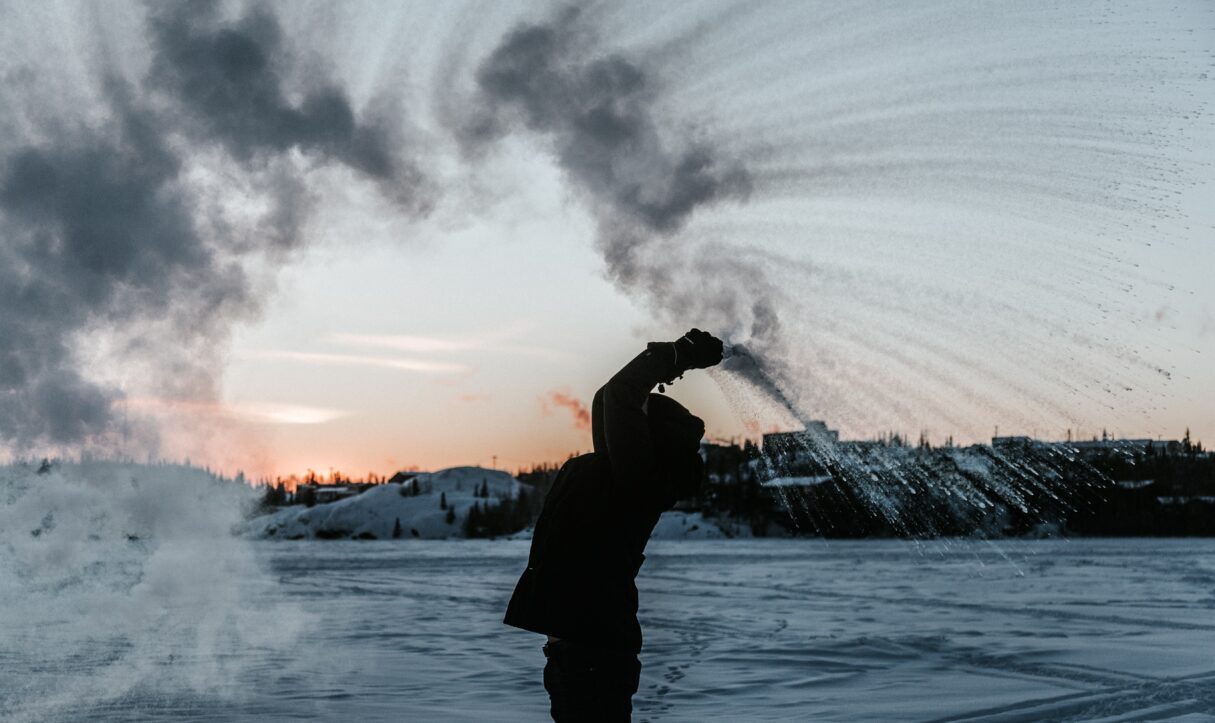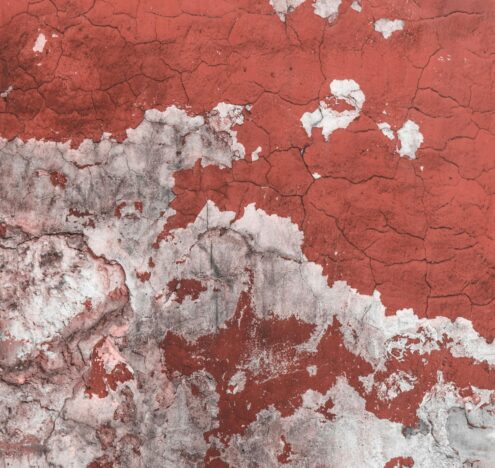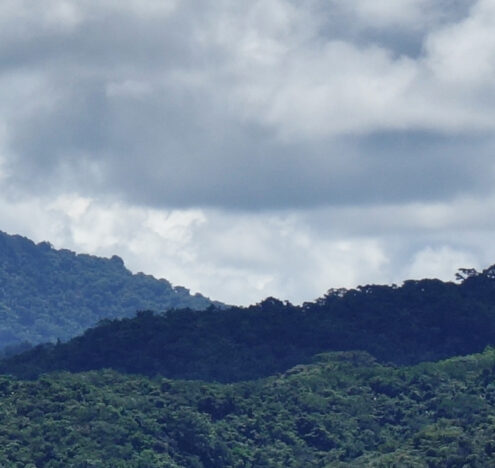Noel Cockney and Randy Baillargeon have seen what a warming North can do to their home.
Manning an educational Indigenous fish camp an ice road away from Yellowknife, Canada, they slice and dice fish out of Great Slave Lake and chop wood to keep people warm in the subzero spring temperatures. It’s cold — and they like it this way.
Cold in the North means connectivity, as people zip around on ice roads and snowmobiles. It makes for soft, marketable furs for trappers and cozy nights at home. And as the temperature warms, those things are at risk.
For decades, leaders of Arctic countries like Russia, Norway and the USA could set aside their differences and find common ground on environmental issues in the region. The Arctic was treated less like a zone of competition, and more like a tool to build diplomatic rapport. But Russia’s war in Ukraine has totally upended that dynamic — and shattered the trust of the West. So — in a region where Russia controls half of the Arctic shoreline — how do we fight climate change now?
Reporting by Katie Toth.
Listen and subscribe now on Apple Podcasts, Stitcher, Spotify, P
Guests: Randy Baillargeon, Land-Based Co-ordinator and Community Mentor, Dechinta Centre for Research and Learning; Noel Cockney, Regional Programmer and Safety Co-ordinator, Dechinta Centre for Research and Learning; Dalee Sambo Dorough, International Chair, Inuit Circumpolar Council; Andrea Pitzer, Author, Icebound: Shipwrecked at the Edge of the World; Mia Bennett, Assistant Professor, University of Washington
Additional Resources:
“How Putin’s War Is Sinking Climate Science,” Andrea Pitzer, Nautilus
“How War in Ukraine Is Changing the Arctic,” The Economist





















